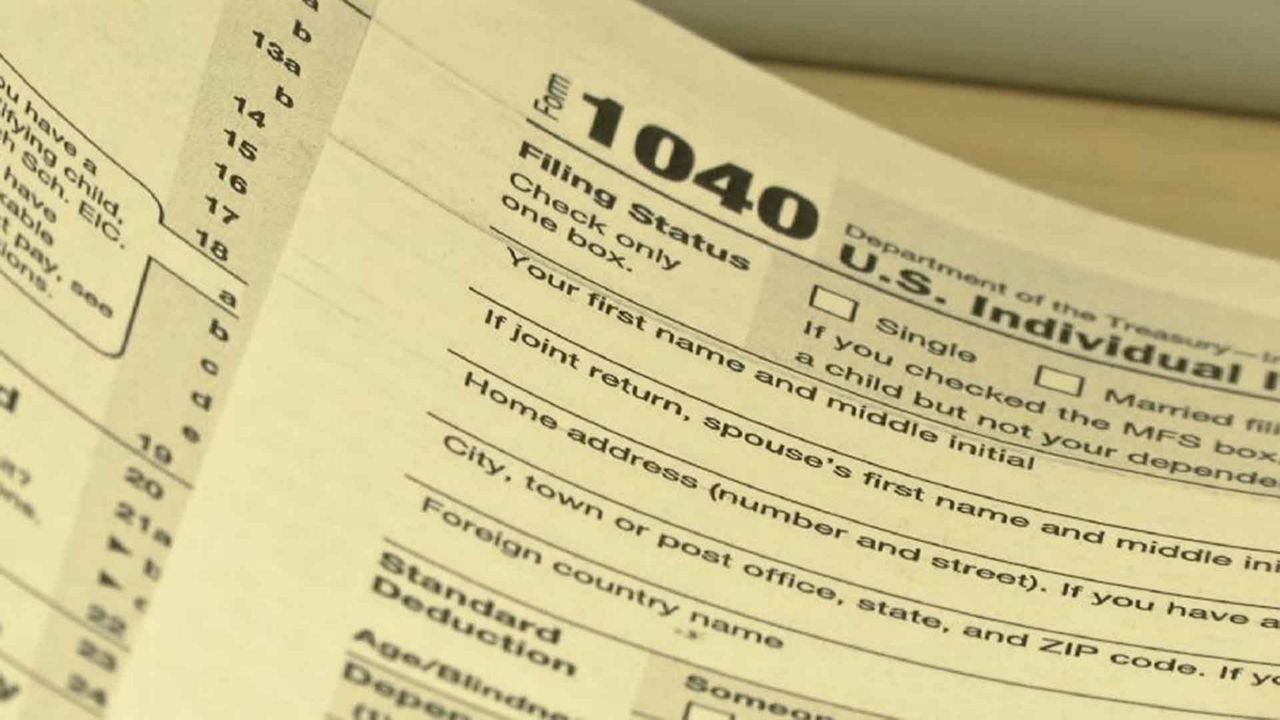A bill would expand the state's earned income tax credit in order to benefit low-income households that were likely hit hard by the economic fallout created by the coronavirus pandemic.
The measure, sponsored by Assemblywoman Pat Fahy, is meant to provide a boost to those households amid widespread job losses and virtual lack of economic activity during the spring months in New York that shriveled tax coffers at all levels of government in the state.
"An expanded-EITC in New York will lift thousands of New Yorkers out of poverty each year while incentivizing work while boosting local economies," Fahy said. "Now more than ever, workers need support as the economy slowly but surely recovers."
The proposal would expand the state credit from 30 percent to 40 percent of the federal credit. The pool of workers eligible to claim the credit would be widened and create a greater flexibility in payments by allowing quarterly payments for those eligible.
The measure would also expand the tax credit to those who meet income eligibility, including those who are under 25 and have no children. It would also apply to those who have a Social Security number, but pay their taxes.
The bill would expand the tax credit's benefit in New York over several years and double the phase-out rate from 7 percent to 15 percent for single or married households.
The proposal to increase the credit's eligibility comes the recession induced by the COVID-19 pandemic has created long-standing economic shocks. Thirty-nine percent of working people who have household incomes of less than $40,000 lost their jobs or were furloughed in March when the pandemic reached New York.
New York's unemployment rate in May stood at more than 14 percent. Businesses are gradually reopening under a multi-phased plan enacted by the state. But economic experts expect high unemployment to last for several years.
“An Expanded-EITC in New York will direct critically needed income into the pockets of working New Yorkers to help jumpstart the economy and aggressively combat income inequality in the United States which has doubled in the last 30 years alone,” Fahy said in a statment. “Low-income families, especially young adults and people of color, have been the hardest hit by the Covid-19 pandemic as well as the economic upheaval and face record-high levels of unemployment and wealth disparity, which demands. bold action and a transformative investment in our workforce."



